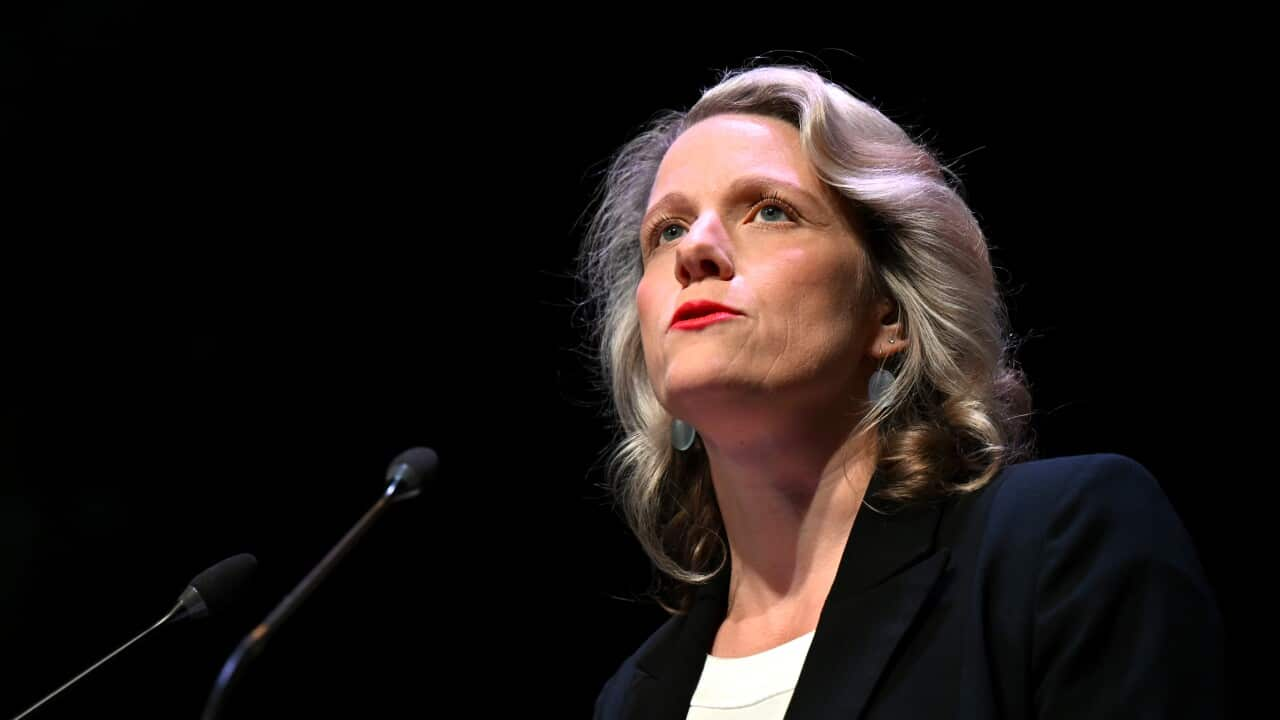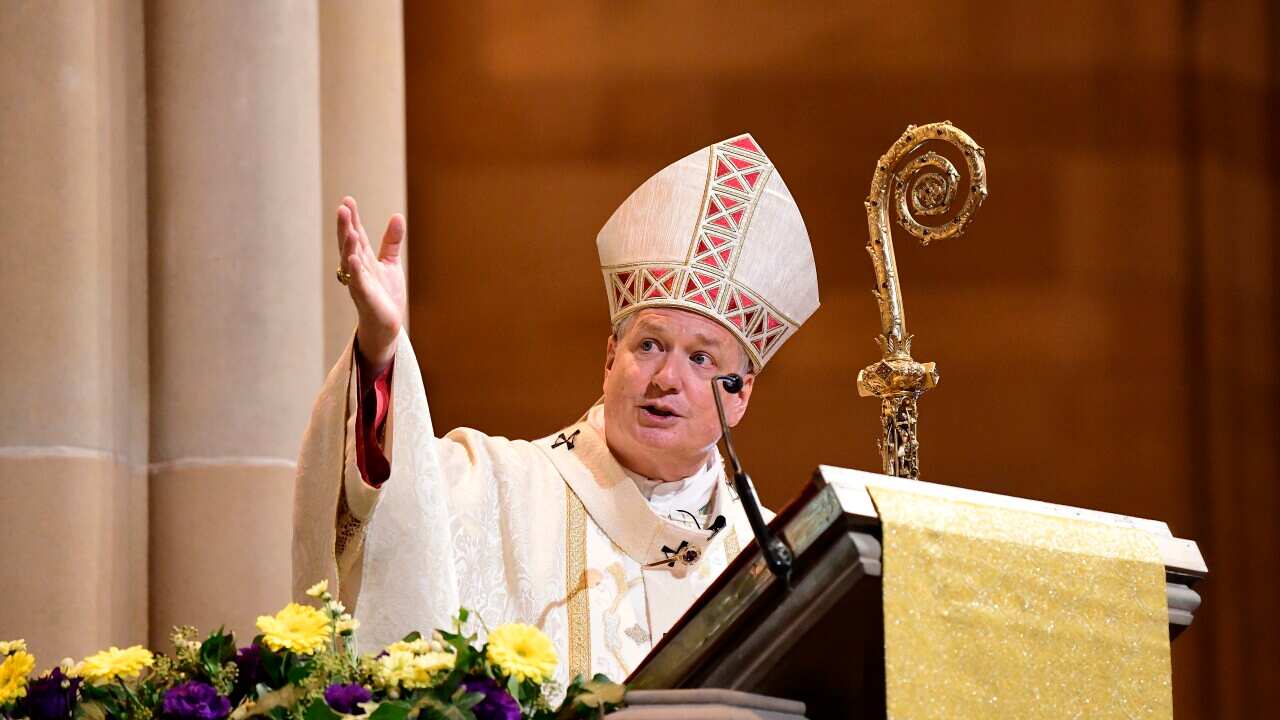One of the more bizarre things to occur after the resignation of Barry O’Farrell was the response by some journalists that he really should not have had to resign, and that it showed ICAC has too much power.
It’s one thing for a former politician like Jeff Kennett to argue that the ICAC hearings entrapped O’Farrell, but it’s another thing for of – whom should wish as much light to be shone into every dark crevice as is possible – to be using that line as well.
Mr O’Farrell was not entrapped by ICAC. ICAC didn’t send him the wine, didn’t encourage him to write the thank you note, and didn’t trick him into giving the testimony he didn’t do any of it.
The questions being asked Mr O’Farrell when appearing before the ICAC on Tuesday should have screamed to him that something was up. He was told where the bottle of Grange was alleged to have been purchased, and that they had evidence of a courier to his home. Yet on Barry barrelled.
When asked what year he was born, he replied with cavalier ease, “Just Google it, it’s 1959 a great year.”
When it got down to the crux of it all, he left himself with no wriggle room: “I do know if I had received a bottle of 1959 Penfolds Grange I would have known about it and, and I did not receive a bottle of Penfolds Grange.”
You might think he would have triple checked upon leaving, and yet he then went before the media and said, “I want to categorically refute the claims about the 1959 bottle of Penfolds Grange. Let me be clear, I didn’t receive a bottle of 1959 Grange”. He even put out a denying it all.
Once the evidence of his hand written note thanking Nick Di Girolamo for the wine was revealed, his fate was sealed. Pretty soon out came the apologists from the media – suggesting he hadn’t really done anything wrong. The view quickly became that because Mr O’Farrell hadn’t awarded a contract to Australian Water Holdings, there was no evidence of corruption, and he really did forget about the wine, so he should stay on.
Pretty soon out came the apologists from the media – suggesting he hadn’t really done anything wrong. The view quickly became that because Mr O’Farrell hadn’t awarded a contract to Australian Water Holdings, there was no evidence of corruption, and he really did forget about the wine, so he should stay on.
LISTEN TO
http://audiomedia-sbs.akamaized.net/world-news_140417_329968.mp3
46:45
Sure, no one is suggesting Mr O’Farrell acted corruptly, but the logic of such a defence very quickly leads to sinister places. The reason is there is not just to stop successful bribes. There is many a place in the world where bribes to politicians are just part of the cost of doing business, and no guarantee of success.
So when you are the leader of a state it behoves you to be very pedantic about such things.
The whole affair serves to reinforce that corruption and influence are not strange bedfellows but that the difference is like the difference between sex with or without the use of a prophylactic device.
The US Supreme Court in a recent decision on has taken the view that money, donations and anything else is not corruption unless there is an explicit quid pro quo element – i.e. we’re giving you this money, this gift, this air travel upgrade, because we want you to do something.
The reality is the corruptive influence of money doesn’t work that way. Firstly few are so stupid as to explicitly agree to anything so specifically and obviously corrupt.
The peddling of money and gifts is not done just because lobbyists and donors think ministers or premiers are nice people; they are actually after something – whether it just be influence or preferential treatment or a contract.
The deal (or perhaps we could say the prophylactic) is that politicians can receive these gifts but they must declare them. Tony Abbott’s for example lists a gift of a bottle of St Henri Shiraz (although it is listed as “value unknown”) and such things as a membership to Virgin Airlines lounge club and a free Samsung tablet.
But the declarations only make the influence peddling notionally above board – notionally we can all be aware of it if we bother to look. We should be careful not to suggest it removes all risk of undue influence, but it is a crucial step. Without the declaration, the gifts go from wine and footy tickets to cars and boats and well whatever one’s heart desires.
Mr O’Farrell didn’t have to resign because he was corrupt. He had to resign because if he didn’t then the system collapses. Some might argue that Mr O’Farrell just forgot, but we can’t only allow that defence for politicians we (or at least sections of the media) like. If Eddie Obeid tried the same line, regarding false testimony to ICAC, would those same people let it through to the keeper?
Forgetting something from 3 years ago is actually permissible – if unlikely. But that is also why there is a register. Tony Abbott probably doesn’t remember getting the St Henri Shiraz in 2010, but he doesn’t need to – it’s on the list.
We can perhaps understand why Mr O’Farrell forgot the bottle (but really, would you ever forget getting such a unique gift?) but we cannot know why he did not declare it. At best it was an administrative oversight.
But the higher the stakes, the higher the penalty - and the stakes here were not just the Premiership of NSW, but the integrity of the NSW political system. The reality is this: if you want to see the fetid rivers of influence end in NSW, you don’t get to pick and choose who gets a free pass from ICAC because you think he’s a good bloke.
Mr O’Farrell is gone and every politician has been given the sharpest reminder that the cost of gifts is much higher if you don’t declare them than if you do. The system works best when everyone is very careful to ensure they can’t even get just a little bit corrupt.









